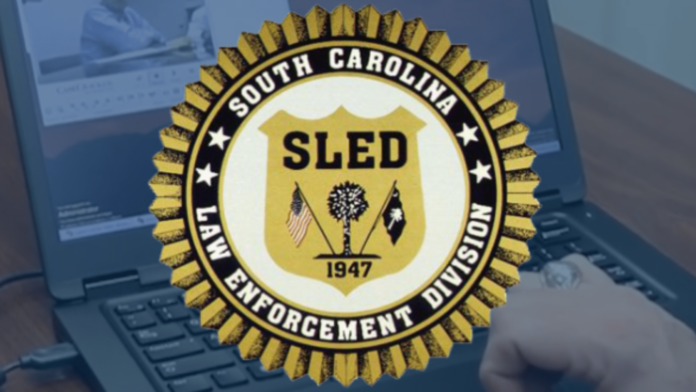A South Carolina public interest foundation dedicated to “defending S.C.’s Constitution from violation by governments” is joined by a Greenville man in filing a lawsuit against the State Law Enforcement Division (SLED) over its use of automated license plate readers in the state.
The South Carolina Public Interest Foundation (SCPIF) and John Sloan filed the lawsuit in South Carolina state court on Tuesday.
The lawsuit alleges that SLED is actively violating the rights of South Carolinians by secretly recording and tracking the movements of all drivers on the state’s roads and highways, then storing the information in a database made available to dozens of law enforcement agencies throughout the state and country.
SLED IS SPYING ON US AND SHARING OUR DATA
“There is not a single statute that gives SLED the power to run a vast surveillance program on South Carolinians who are accused of nothing at all,” said Barry Friedman, the founding director of the Policing Project and the Jacob D. Fuchsberg Professor of Law at NYU Law. “SLED’s continued operation of the program defies the basic principles of democratic governance. It’s up to the General Assembly to determine whether a comprehensive ALPR surveillance program should exist in South Carolina and, if so, what it should look like. SLED cannot make this decision unilaterally.“
MyrtleBeachSC News covered the legalities around this issue last December.
We quoted a former Myrtle Beach police lieutenant. “If you go by the LPR (license plate reader), it takes a photograph of your vehicle and of the license plate,” former Myrtle Beach Police Lt. Joey Crosby said. “If you are wanted, or the car is associated with a violent crime, we then receive a hit or a notification from the South Carolina Law Enforcement Division,” Crosby said. “The dispatcher then gives the message to the officers and the officers are on the lookout for the vehicle.“
But if you are not wanted, SLED can keep, share and continually track your daily driving routines. This is done without any elected legislative state representative or state senator creating a law approving this activity.
We’re not talking about tech companies selling your location data (though that happens too). We’re talking about the sprawling network of surveillance cameras – called Automatic License Plate Readers (ALPRs) – that blanket our state’s roads. Through these discrete devices, the South Carolina Law Enforcement Division (SLED) captures an average of 400,000 images every single day. Only a small fraction of these photos are useful for law enforcement, but every single image – along with time and location data – is stored in a database that already holds more than 400 million license plate snapshots.
As MyrtleBeachSC News reported: Imagine being tracked by these readers. At 8:32 a.m., an ALPR captured you at the intersection by your house. And at 9:17 a.m., another saw you pass by the police car in front of your church. The readers tracked you when you went to that political rally, stopped to buy ammunition for your hunting weekend, and went to your doctor’s appointment.
Each time you passed an ALPR, your license plate was checked against a “hot list” of stolen vehicles, wanted persons, and the like. But because your plate didn’t come back “hot,” you went on with your day. Meanwhile, your location data was stored indefinitely – each time without your knowledge or consent.
SCPIF and Sloan petitioned the Supreme Court of South Carolina last November to hear the case directly. The Supreme Court declined.
“Given the explosive growth of ALPR technology and SLED’s expanding database, the issues this case presents are as urgent as they are legally significant,” said attorney James Carpenter, who is representing the plaintiffs. “A cornerstone of South Carolina’s constitutional system is that any agency action must be authorized by the elected representatives of the people. All we are asking is for SLED to follow the law.”
SLED LAWSUIT AS FILED
License Plate Reader Lawsuit by Joseph Erickson


